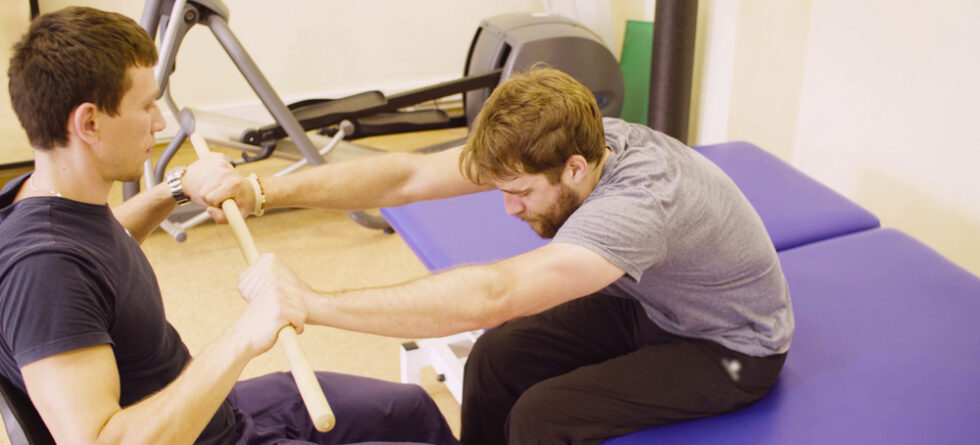Recovery exercises are vital for soccer players to promote muscle repair, reduce soreness, and prevent injuries. Proper recovery techniques can help players bounce back faster after intense training sessions or matches.
Here are some effective recovery exercises for soccer players…
- Active Recovery Jogging – After a match or intense training session, perform a light jog for 10-15 minutes. This helps to flush out lactic acid from the muscles and promotes blood flow, aiding in recovery.
- Static Stretching – Perform static stretches targeting major muscle groups, holding each stretch for about 20-30 seconds. Focus on the legs (quadriceps, hamstrings, calves, hip flexors), as well as the lower back and shoulders.
- Foam Rolling – Use a foam roller to self-massage various muscle groups. Roll over tight areas and trigger points to release tension and improve circulation.
- Mobility Exercises – Incorporate dynamic mobility exercises that gently move the joints through a full range of motion. These exercises can help improve flexibility and reduce muscle stiffness.
- Calf Raises – Strengthen the calf muscles by performing calf raises, which involve rising onto your toes and then lowering back down. Perform several sets of 10-15 repetitions.
- Glute Bridges – Lie on your back with your feet flat on the ground and lift your hips off the floor, engaging the glutes. Hold for a few seconds and then lower back down. Perform several sets of 10-15 repetitions.
- Leg Swings – Stand next to a wall or support and swing one leg forward and backward, then side to side, gently stretching the hips and hamstrings. Perform 10-15 swings on each leg.
- Hip Flexor Stretch – Kneel on one knee with the other foot in front, and gently push the hips forward to stretch the hip flexors. Hold for 20-30 seconds on each side.
- Shoulder Rolls – Roll the shoulders forward and backward to release tension in the upper body.
- Breathing Exercises – Practice deep breathing techniques to relax the body and mind, promoting overall recovery and reducing stress.
Don’t forget that recovery is not just about exercise; it also involves adequate rest, hydration, and proper nutrition. Get enough sleep to allow your body to repair and regenerate. Stay hydrated to replenish lost fluids during training or matches. Consume a balanced diet that includes carbohydrates, proteins, and healthy fats to support muscle recovery and energy levels.
Incorporate these recovery exercises into your routine after intense soccer activities to help your body recover more efficiently and keep you performing at your best.



